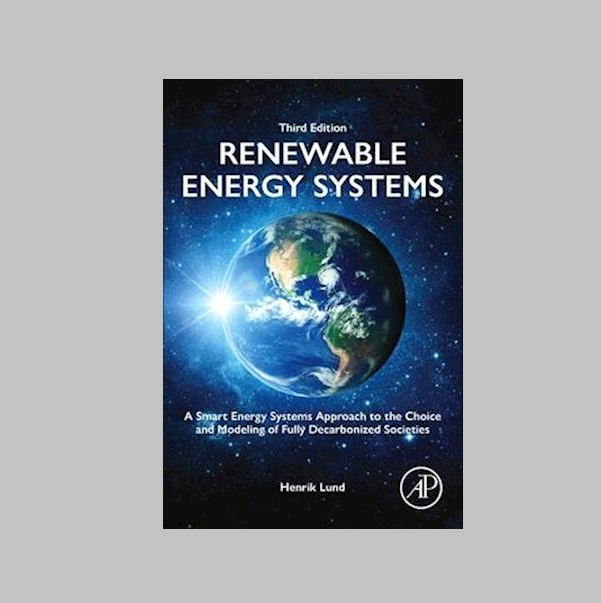The IDA Climate Plan 2050 – A 100% Renewable Energy Scenario for Denmark (2009)
Authors:
Brian Vad Mathiesen, Henrik Lund, Kenneth Karlsson
In this report, technical energy system analysis, effects on fuel consumption and emissions of greenhouse gases, as well as socio-economic consequences have been calculated with the EnergyPLAN model. In addition, the report analyses employment effects, technology export potential and health effects. The report has been prepared by Brian Vad Mathiesen, Henrik Lund and Kenneth Karlsson.
Greenhouse gas mitigation strategies are generally considered costly with world leaders often engaging in debate concerning the costs of mitigation and the distribution of these costs between different countries. In this report, the analyses and results of the design of a 100 per cent renewable energy system by the year 2050 are presented for a complete energy system including transport. Two short-term transition target years in the process towards this goal are analysed for 2015 and 2030. The energy systems are analysed and designed with hour-by-hour energy system analyses. The analyses reveal that implementing energy savings, renewable energy and more efficient conversion technologies can have positive socio-economic effects, create employment and potentially lead to large earnings on exports. If externalities such as health effects etc. are included, even more benefits can be expected. 100 per cent renewable energy systems will be technically possible in the future, and may even be economically beneficial compared to the business-as-usual energy system. Hence the current debate between leaders should reflect a combination of these two main challenges.
- The summary of the report can be downloaded here in English and in Danish.
- The report can be downloaded here in English and in Danish.
Contact
If you experience further challenges using the model that are not answered in any one of pages at the site, you are more than welcome to contact us and we will try to help you.
Email us hereBook, 3rd Edition out now

3rd Edition Renewable Energy Systems – A Smart Energy Systems Approach to the Choice and Modeling of Fully Decarbonized Societies
By Professor Henrik Lund
List price: USD 100.00 / GBP 76.76 / EUR 87.20
Buy here